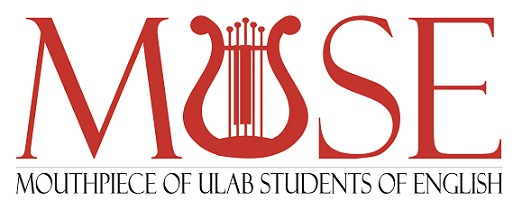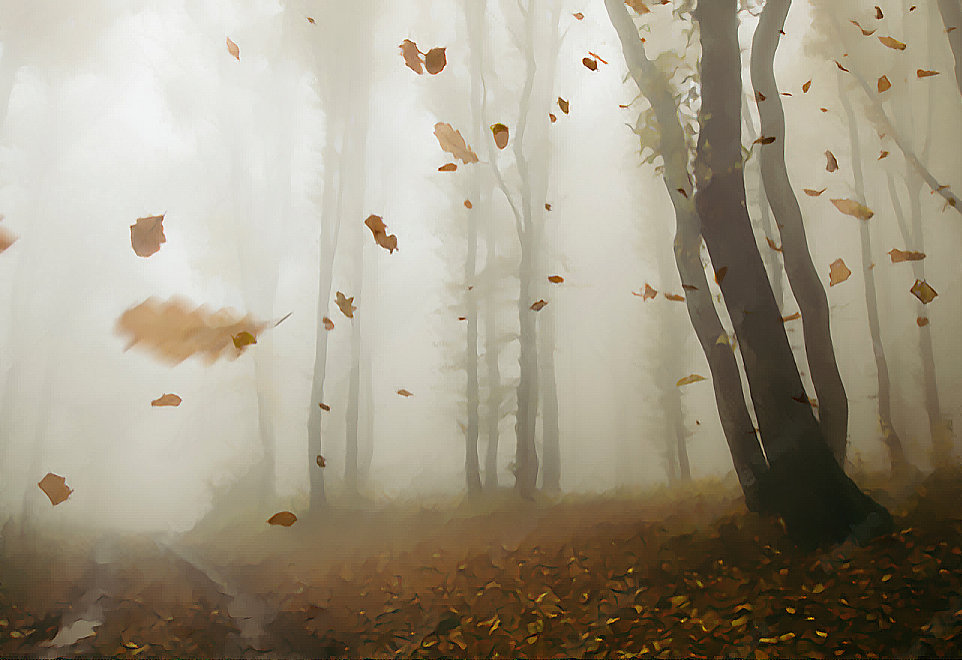By Shahriar Rahman
I’m not writing my story for the benefit of the human; rather, I’m writing it more for the benefit of nature because I fear for the harm it would cause to my life. If nature reads my story, I’m done. Although it is now clearly obvious that this entity knows no bounds and that anyone who messes with it or its beloved ones will suffer the consequences, nature has always been the one who chose or declined the development of civilization. Nature decides what should be done.
Charlie has had a stronger connection with a powerful, uncontrollable entity since he was little. This entity has no regard for limitations, and the romantic poets had strong ties to it. This wind played a big role in his life. Through ups and downs, through happiness and pain, it stood by his side till his passing, allowing him to experience the warmth of its force. Charlie was unaware of this until he was close to death and realized there was nothing he could do or had no chance to tell anyone.
Charlie is saddened by this energetic wind during the winter because it destroys everything during that time. Charlie is also made pleased by the fact that even though it destroys leaves and makes trees barren, it does so for good purposes such as the apocalypse and death. When it arrives, it creates an apocalypse in which no more life is permitted, and through death, it revives everything in the coming spring, which is the season of revival. As a result, for the winter, wind only aids in protecting seeds from the dark or from being killed.
This wind can taunt the ocean ferociously since it is so strong. From a state of calmness, sleep, or hypnotic sea, it is possible to reach its core and awaken the ocean, which can result in the formation of a storm that submerges towns, cities, and civilization. The aggression of the ocean and how a small wind could affect such a vast ocean intrigued Charlie more because of its strength.
This wind is so strong that it can fight for its liberty and travel everywhere in a matter of seconds at the speed of light. When Charlie is down, this wind can help him feel calm, giving him an opportunity to realize, and aid in making decisions by allowing him to see flashbacks of his life. It has the ability to hear and observe Charlie’s way of life, and in certain ways, this ability can predict Charlie’s future.
Charlie now decided to gain the wind’s strength after witnessing its might. He prays to God out of desperation to obtain its power, and as he prays, his need grows to the point where, rather than being grateful for this amazing creation, he begins to speak negatively of its power and express his desperation for it. When he is praying, he says that if he had this ability, he could turn the world upside down and possess everything in it. Because he and the wind are not the same, he does not want to hold back. He desires to rule like the wind. Although Charlie is unaware of this, his friend Wind overheard everything and felt sadness and wrath.
He made the decision one day to take a trip to a beach where he could experience nature, a cool breeze, and a larger ocean; settle his mind, and escape city life. He took a risk by heading out to sea to practice surfing because the water was in good condition, not knowing what might happen to him. He reasoned that the wind would assist him if anything went wrong. He was using a surfing board when the wind suddenly began acting strangely, and the tide carried him far from shore, making it impossible for him to return. He looked for his friend, the wind, but the wind was not there, and he then realized what he had done wrong. Now, there was no turning back; he regretted his statement during prayer; and with no one nearby to assist him any longer, he drowned in the ocean. His tiny body slipped away during the storm.
To sum up, the wind is a divine force that transfers dead thoughts to people and carries prophecies from one generation to the next. Through the winter, the wind provides the hope of regeneration, balances civilization by declining. It is not judgmental but rather universal. If civilization treats nature unfairly, it can bring about destruction because nature shows no mercy, but it can bring about fairness via its own style.

